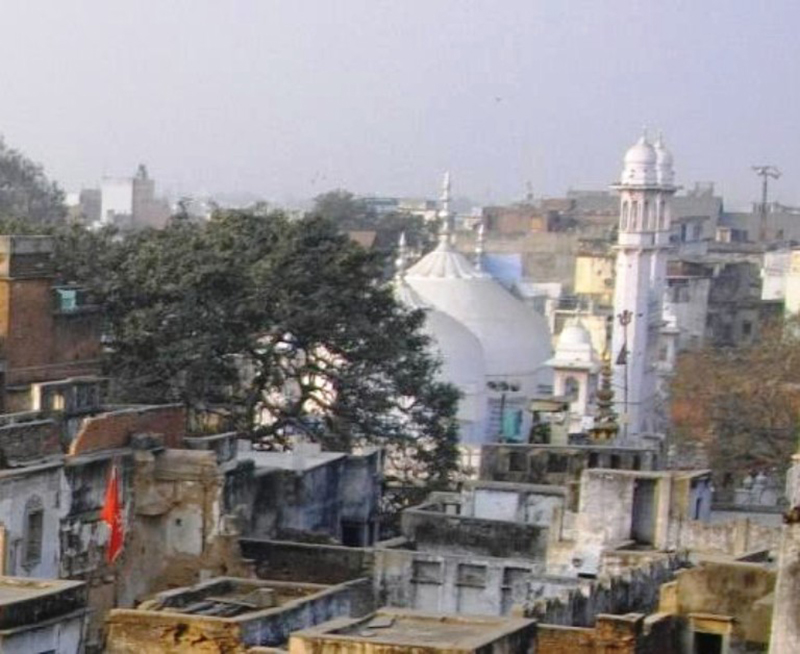Disappointed with SC's refusal to stay ASI survey of Gyanvapi Mosque: Muslim Personal Law Board

New Delhi: All-India Muslim Personal Law Board (AIMPLB) on Saturday said the Supreme Court's refusal to stay the ASI survey of Varanasi’s Gynavapi mosque, as "surprising and unfortunate".
Muslims of the country are deeply disappointed with the apex court’s order decision of the apex court, AIMPLB said.
It said that the Board and Muslims of the country fear that Supreme Court’s order may pave the way for a fresh dispute.
"The approval of the judgments by the Supreme Court on the Gyanvapi Mosque survey is surprising and unfortunate. AIMPLB and Muslims of the country are deeply disappointed," the AIMPLB said.
AIMPLB spokesperson, Dr. SQR Ilyas said that the decision of the Allahabad High Court was against the law and principle of secularism.
"The Board and Muslims in the country fear that this survey may pave the way for a fresh dispute which could be stopped at this stage by applying the 1991 Act," Ilyas said.
The AIMPLB further said it was expected that the SC would intervene in the matter, as it is related to the existing religious character of the religious place, especially after the top court already explained the ambit of the Places of Worship Act 1991 in the Babri Masjid Judgment.
When the law on Places of Worship was enacted by the Parliament, it was assured that after the Babri Masjid dispute, this law was being brought in to block the way for further new dispute. This law clearly states that it is the law "to prohibit conversion of any place," it said.
Yesterday, the top court refused to stay the Allahabad HC order directing ASI for a survey of Gyanvapi mosque.
The court in its order said that ASI would not damage the structure as it preserves monuments. It said that ASIs job was to maintain such properties.
Ilyas said that in the previous survey, a Shivling was claimed to have been found at the fountain of the Gyanvapi mosque and Muslims were prevented from performing ablution.
The lower court has repeatedly said that the aim is not to damage the structure of the mosque but to ascertain what lies beneath the mosque. The question arises what purpose it will serve.
(With UNI inputs)




